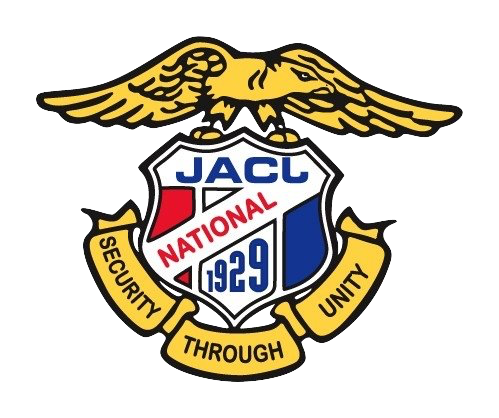JACL Statement on Family Detention
PRESS RELEASE
Contact: Priscilla Ouchida, Executive Director
pouchida@jacl.org
Jeffrey Moy, Vice President for Public Affairs
jmoy@jacl.org
The Japanese American Citizens League (JACL) renews its call on the Department of Homeland Security to end its family detention program that has led to the building of detention facilities for women and children in remote and desolate places such as Dilley and Karnes in Texas and Artesia in New Mexico.
Last September, JACL joined with numerous organizations in condemning the opening of additional facilities used to detain families who fled violence in Central America seeking asylum in the United States.JACL questions this tactic of using detention to deter individuals from seeking asylum in the United States to escape violence.
During World War II, Japanese Americans were forced from their homes on the West Coast, detained without due process, and confined in remote and desolate areas of America’s interior. JACL is deeply troubled by the chilling similarities between the confinement of women and children in places such as Dilley and Karnes, and the wartime treatment of Japanese Americans at places such as Manzanar, Heart Mountain, and Tule Lake where barbed wire and guard towers encircled hastily constructed barracks that offered little privacy, no comfort, and contributed to the breakdown of family structures.
The so-called “South Texas Family Residential Center” at Dilley is surrounded by a high fence and security cameras. The families, consisting of women and children, are housed in barrack-like buildings that offer no privacy and are located in remote areas far from legal resources with conditions anathema to the social and psychological well-being of children. Even beyond the euphemistic jargon to identify the family detention facilities, JACL is disturbed by the lack of due process afforded these families.
As cited in a letter from the New York City Bar to President Obama, “detaining families with children in remote locations creates many barriers to access to the counsel that these families need to explain and support their asylum claims.”Asylum seekers must convince an asylum officer that they will be harmed if they return to their country, complete a written application for asylum, collect evidence and prepare testimony for an immigration hearing.This constitutes an enormous challenge when access to counsel is limited.
In 1942, without trial, without charges of wrongdoing, without the basic protections guaranteed by law, Japanese Americans were the tragic victims of an arbitrary action by our government.And in the course of our detention, we suffered severe losses – freedom, dignity, and for some, a mental anguish that would last a lifetime. Karnes, Dilley, and Artesia must not be remembered as we remember Manzanar, Heart Mountain, and Tule Lake.
